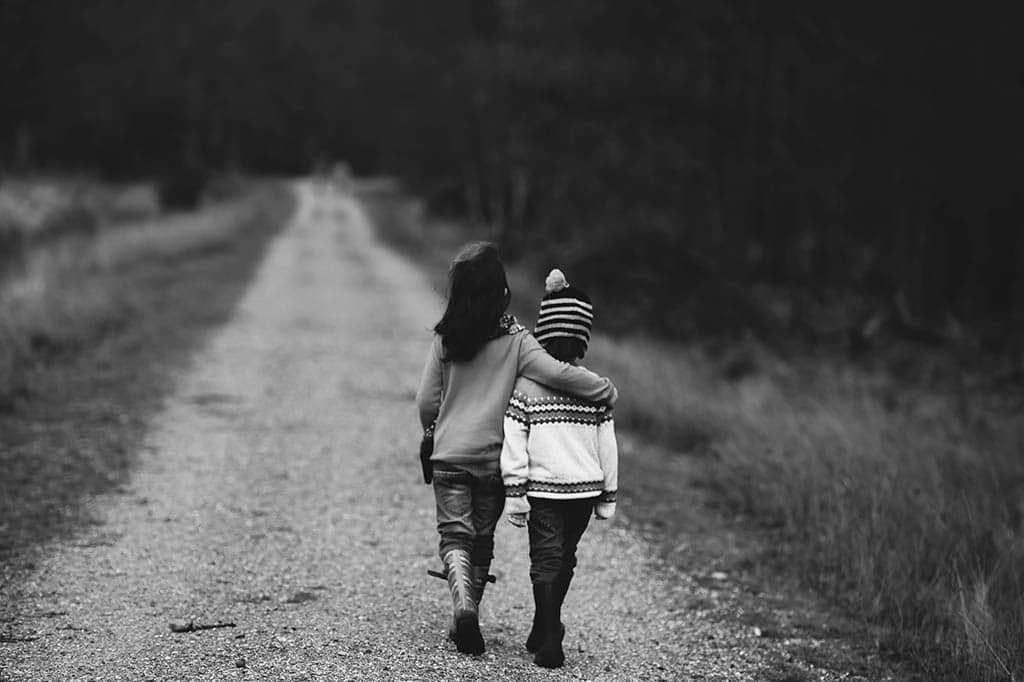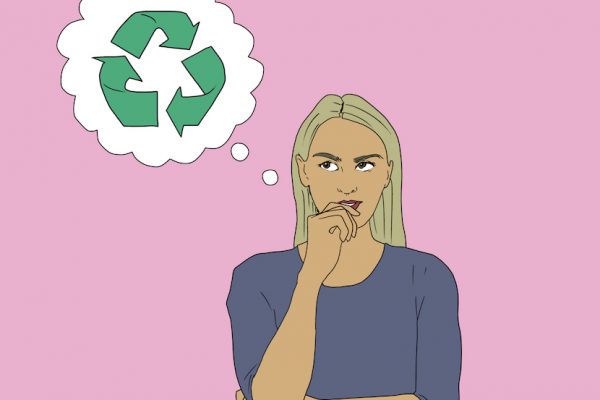Being actively apart of any justice movement can be hard on one’s heart. If there is a justice movement, it exists because an opposition or oppressor does too.
Justice movements fight for compassion. They fight for solidarity and they demand respect. First and foremost, they’re non-violent – that’s the whole point, right?
It doesn’t make sense for me to spit hatred in someone’s face when what I really want is for them to extend their kindness. I have a responsibility to model the behaviour I hope to see more of in the world. If I am asking for empathy, I must show it myself.
Image via Annie Spratt on Unsplash

When confronted with people and corporations who violate the rights of animals, women, different marginalised groups of people, or all of the above, it is rational to be angry. It is fair to be outraged by a total lack of respect for life. It is warranted to be furious about indifference in the face of steep oppression and injustice. And sometimes, it is a powerful energy.
However, when anger tips into hatred, or further disrespect, I no longer see the benefit.
Here’s what I mean: I’ve seen animals that have been left to die, that have been brutally slaughtered, that have been mutilated. I know how dark and heinous animal agriculture is, even when it’s called ‘humane’. It is incredibly easy for me to feel fire in my chest over it all. But as soon as I breathe that fire onto someone and burn them, because I see them eating the flesh of an animal, or wearing the skin of an animal, or working as a farmer sending animals to slaughter, or even working as the slaughterman, I’m harming the cause.
To be empathetic to someone is not to excuse their behaviour, and it is not to loosen your strongly held beliefs.
The important thing is, I can stand firm in these beliefs and still treat those who disagree with me with respect. It doesn’t do anyone any good for me to be rude or aggressive to someone who disagrees with me, and it damages any chance of finding common ground to build from. If we cannot connect with people who disagree with us, how do we ever expect them to connect to a cause? If we cannot listen to others, why should we expect others to listen to us?
It’s certainly not always easy, and I definitely have my slip-ups. It’s less complicated to harden my heart to those who do evil things than it is to understand how they got there: the same cultural conditioning I was born into, generations of family living and thinking a certain way, a lack of knowledge or opportunity to do differently. In the long run, understanding is easier.
Through empathetic communication, we can break tension and anger and we can gain an understanding of how someone came to hold the view they do: how they may feel alienated, frightened or misunderstood. From this comes the ability to dismantle those real barriers and support that person going forward.
Empathy to the ‘other’ does not undermine a movement’s credibility, in fact, it is integral to it.
The ‘otherness’ thickens and the people we may see as opposition becomes an even more distant enemy, one more likely to stand steely in their position as they come under hateful attack. Instead of softening, through person to person connection, understanding, nuance, we both harden. The divide between environmentalists and climate deniers, vegans and farmers, women and those who are sexist becomes larger, and every inch farther it pulls, the farther we are from a world in which we can live harmoniously – even if not all the time, a little more.
I do believe there is good in everyone. I do not believe that the vast majority of people are bad, they just do not realise the immense suffering their actions can cause. People are capable of change, of introspection, of compassion, whatever that may look like. There are people of all sorts, who have, through compassion, not hate, seen a better way and taken it.
Maybe being empathetic or compassionate to someone won’t change them or what they believe, and it sometimes won’t. But I’m unsure of a time that being kind hasn’t been the right choice. I do not believe you can effectively stand for peace and justice if you do not do so non-violently, and violence exists beyond the physical.
Every time we have a chance to be understanding and caring, we have a chance to make the world a tiny bit better – we should take that chance, every time we can.


